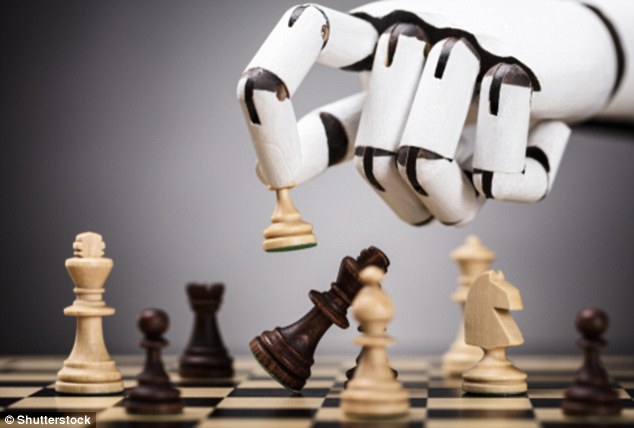
PEJOURNAL – The world of politics is like a game of chess, based on evaluating scenarios and predicting the best reaction or the best move of the pieces; but the chess of the political world is more complex as many actors with explicit and implicit preferences participate in it and their declarative and practical approaches are not necessarily the same; Internal changes in countries’ policies, including shifts in power and changes in the structure of rent resources, affect the strategies, tactics, and behavior of actors, and ultimately, it is difficult to understand the distinction between signal (signaling a particular motivation or belief), information, and foreign policy analysis.
The complexity increases when all of these points need to be considered in a futures-based analysis in order to adopt the right foreign policy. In futures research methods, simulation methods based on artificial intelligence, game modeling and scenario writing are more capable in terms of presenting possible future images, prioritizing, determining drivers, explaining cause-and-effect relationships and the possibility of designing a foreign policy mechanism. Nowadays, computer software and artificial intelligence have increased the possibility of accurately using these analytical tools to design and advance foreign policy.
Artificial Intelligence and Foreign Policy
At a time when foreign policy is moving toward algorithms that aim to analyze data, predict events, and advise governments, artificial intelligence can be used in a variety of foreign policy areas. Managing public expectations in another country, decision-making based on scenario-making, and analysis of signals received from lectures and positions of officials in other countries are among the most important applications of artificial intelligence in foreign policy. Of course, a correct understanding of the subject under analysis in foreign policy takes precedence over the choice of an applied model and the type of application of artificial intelligence tools.
In the same vein, two years ago, China unveiled a new artificial intelligence system designed specifically for its foreign policy. The system, called the “Geopolitical Environment Prediction and Simulation Platform,” offers foreign policy suggestions to Chinese diplomats after analyzing large amounts of data. According to an informed source, China has already used a similar system to accurately evaluate all its foreign investment projects over the past few years.
Another widely used international artificial intelligence system that has been used in Iran is the artificial intelligence approach based on simulation of games and strategic confrontations that uses various software such as GMCR and Bruno Di Muskita integrated software. The GMCR software was first developed in the Canadian Ministry of Defense but later used in civilian but based on conflict of interest contexts, and its current version, GMCR +, is owned by civilians.
Bruno Muskita, known in Iran for predicting the outcome of the 2009 presidential election, is a foreign policy adviser in the United States who has provided a combined model of Bayesian games for foreign policy analysis and forecast. The purpose of this model is to predict the processes and outcomes that lead to negotiations or political situations that lead to conflict, war, agreement, or disintegration.
This model is used for situations of threat and negotiation or the possibility of war in the international arena, domestic politics or even social and business relations. It is necessary to analyze the actors, their possible actions and current, short-term and long-term evaluations of the trends, tactics and beliefs of the game stakeholders. Of course, in addition to the basic grammar of game theory, some innovative and heuristic rules are also used for calculations. These innovative rules are combined with the principles of game theory to get a more realistic picture of the interaction situation.
Thus, in today’s world, foreign policy will change dramatically as countries turn to artificial intelligence and algorithms to predict events. Because countries will interact with each other knowing that their every move may be predicted days, weeks or months in advance. Such a transformation will alter the world of business and geopolitical relations.
In such situations, artificial intelligence helps to determine the type of each actor and his different choices based on this type by making hypotheses based on the panel of expertise from foreign policy experts (and other fields as needed such as social psychology, political sociology, anthropology, etc.) and then artificial intelligence calculates and prioritizes different scenarios.
For example, there are articles that use this model to analyze and predict the Iran-US confrontation over Iran’s nuclear program and its possible scenarios. Although the results of the use of artificial intelligence do not mean their certainty, but using artificial intelligence tools, the degree of uncertainty in the design and development of foreign policy can be reduced and the best strategies can be adopted.